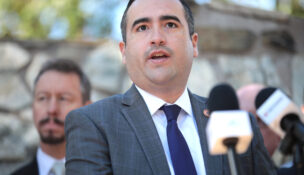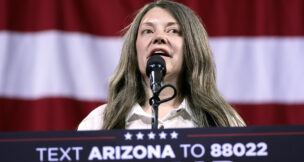House refuses to require individual income tax rates to be cut during surplus
Howard Fischer, Capitol Media Services//June 12, 2023//
House refuses to require individual income tax rates to be cut during surplus
Howard Fischer, Capitol Media Services//June 12, 2023//
The state House refused Monday to require that individual income tax rates be cut automatically any time the state runs a surplus. As crafted SB 1577 would have required an...














































